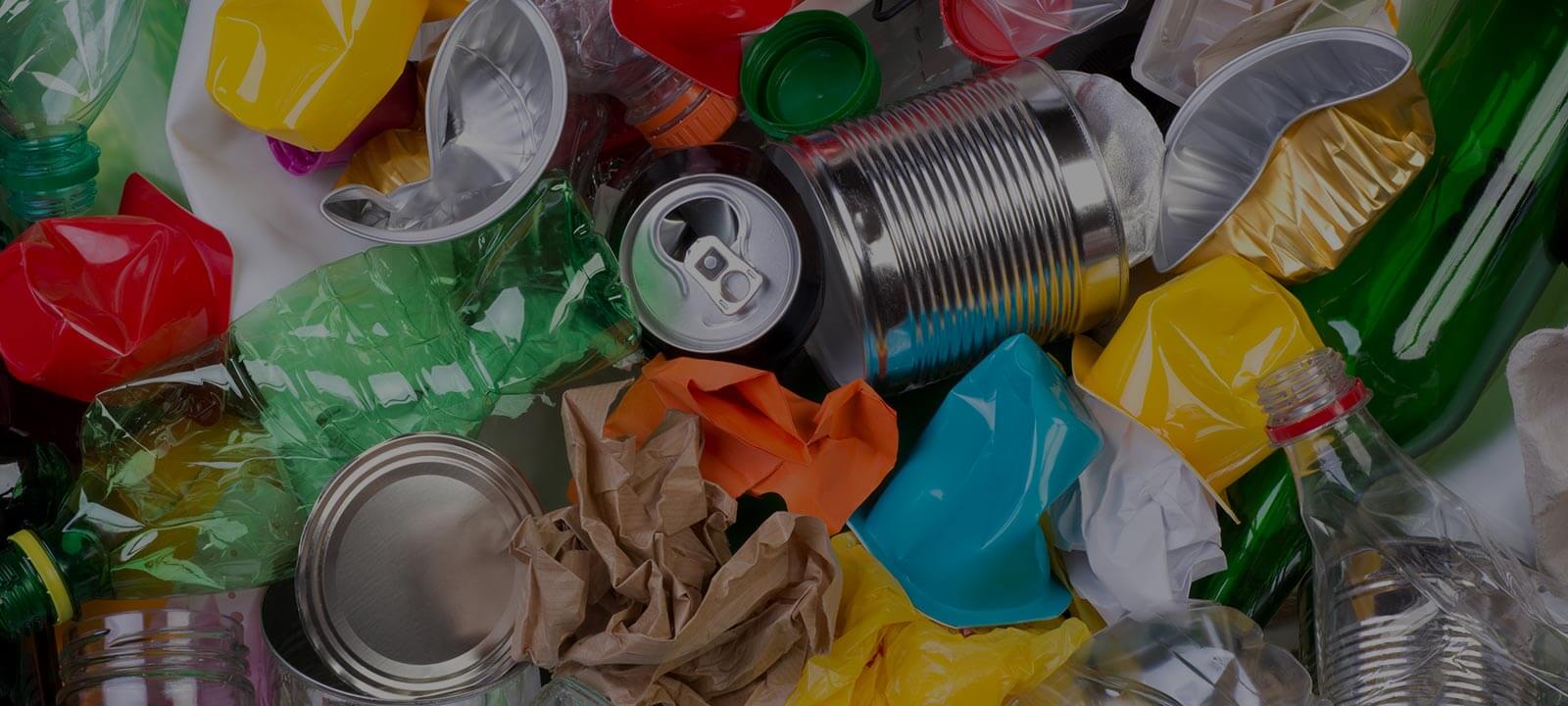Your Guide to a Plastic-Free Kitchen
Posted on 02/07/2025
Your Guide to a Plastic-Free Kitchen
In today's world, where environmental consciousness is on the rise, eliminating plastic from our daily lives is a significant step towards sustainability. One of the most effective places to start this journey is in the kitchen, a hub of daily activity and consumption. Here's your comprehensive guide to transforming your kitchen into a plastic-free haven.
Understanding the Problem with Plastic
Plastic, especially single-use varieties, poses a considerable threat to our environment. It takes hundreds of years to decompose, leading to persistent pollution. Plastic waste often ends up in our oceans, harming marine life and ecosystems. By reducing plastic use in the kitchen, we can significantly decrease our personal contribution to this global issue.

Assessing Your Current Plastic Usage
Before making changes, it's essential to understand how much plastic you currently use. Take a week to observe and note the plastic items you throw away. Common culprits include plastic bags, containers, cling film, packaging from food items, and utensils. This audit will provide valuable insights and help you identify which items need replacing.
Reusable Shopping Bags
One of the simplest steps to reduce plastic is switching to reusable shopping bags. Opt for bags made from natural fibers like cotton or jute. These are durable, washable, and significantly reduce the need for plastic grocery bags. Keep a few bags in your car or by the front door to make it easier to remember them when heading to the store.
Glass and Stainless-Steel Containers
Another significant change is to replace plastic containers with glass or stainless-steel alternatives. These materials are not only more environmentally friendly but also better for your health. Glass containers are excellent for storing leftovers, and stainless steel is perfect for carrying meals on the go. They are durable, non-toxic, and won't leach chemicals into your food.
Beeswax Wraps Over Plastic Wrap
Beeswax wraps are a fantastic alternative to plastic cling film. These wraps are made from organic cotton infused with beeswax, jojoba oil, and tree resin, making them pliable and self-adhering. They can be used to wrap sandwiches, cover bowls, and store various food items. They are reusable and can be refreshed by washing them with cold water and mild soap.
Choose Bulk and Refill Stations
Buying in bulk can dramatically reduce plastic packaging waste. Many stores now offer bulk bins where you can purchase grains, nuts, seeds, and other dry goods. Bring your own containers or reusable bags to fill up. Some stores also offer refill stations for liquids like oils, vinegars, and even cleaning products. This approach not only helps the environment but can also be more economical.
Invest in Reusable Produce Bags
Replacing those flimsy plastic produce bags with reusable ones is another step towards a plastic-free kitchen. Mesh and cloth bags are excellent options for fruits and vegetables. They are washable, durable, and come in various sizes to accommodate different produce.
Sustainable Kitchen Gadgets
Kitchen gadgets and tools are often made of plastic, but there are sustainable alternatives available. Wooden, bamboo, or metal utensils are preferable and typically last longer. Look for items like cutting boards, spatulas, and mixing bowls made from these sustainable materials. Not only do they reduce plastic use, but they also add a touch of natural beauty to your kitchen.
Eco-Friendly Dish Sponges and Brushes
Switching to eco-friendly cleaning products can significantly contribute to a plastic-free kitchen. Natural fiber sponges and brushes made from materials like coconut husk or bamboo are excellent alternatives to synthetic ones. They are biodegradable and just as effective at scrubbing pots and pans.
DIY Cleaning Products
Many commercial cleaning products come in plastic bottles and contain harmful chemicals. Making your own cleaning solutions is a great way to avoid plastic and ensure what you use is non-toxic. Simple ingredients like vinegar, baking soda, lemon juice, and essential oils can be combined to create effective cleaning agents for various kitchen tasks.
Compostable Bin Liners
Another area where plastic sneaks into our routines is trash bags. Fortunately, there are compostable bin liners available that break down more naturally than plastic ones. These are particularly useful if you're composting kitchen scraps as they can go directly into your compost bin.
Shop at Farmers Markets
Supporting local farmers markets is a wonderful way to reduce plastic packaging. Produce at these markets often comes without the plastic wrapping you find in supermarkets. Bring your own bags and containers to carry your purchases. This practice also supports local agriculture and provides fresher, seasonal food.
Opt for Milk Delivery Services
Consider returning to traditional methods like milk delivery services. Many offer milk in glass bottles that are collected, sterilized, and reused. This can significantly reduce the consumption of plastic milk jugs and promotes a circular economy.
Avoid Single-Use Plastic Utensils
Single-use plastic utensils are incredibly wasteful. When hosting gatherings or for packed lunches, opt for reusable cutlery. Bamboo utensils are a great travel option because they are lightweight and sustainable. Keep a set in your bag or car for use on the go.
Encourage Suppliers to Go Plastic-Free
As a consumer, you have the power to influence market trends. Encourage your favorite brands and local stores to adopt plastic-free packaging. Many companies are receptive to feedback and willing to make changes if there's consumer demand.

Conclusion
Transitioning to a plastic-free kitchen may seem daunting, but taking it step-by-step makes the process manageable. Each small change contributes to a larger impact on the environment. By adopting reusable options, supporting sustainable practices, and making conscious choices, you can create a healthier, plastic-free kitchen. Remember, sustainability is a journey, not a destination--every effort counts.
Your Guide to a Plastic-Free Kitchen
Incorporating these practices into your routine will significantly reduce your kitchen's reliance on plastic, promoting a more sustainable and environmentally-friendly lifestyle. Be patient with yourself during this transition, and remember that perfection isn't the goal--progress is. Happy sustainable cooking!
Latest Posts
Alternatives to Common Plastic Items
Recycling Strategies for Non-Compostable Garden Materials






